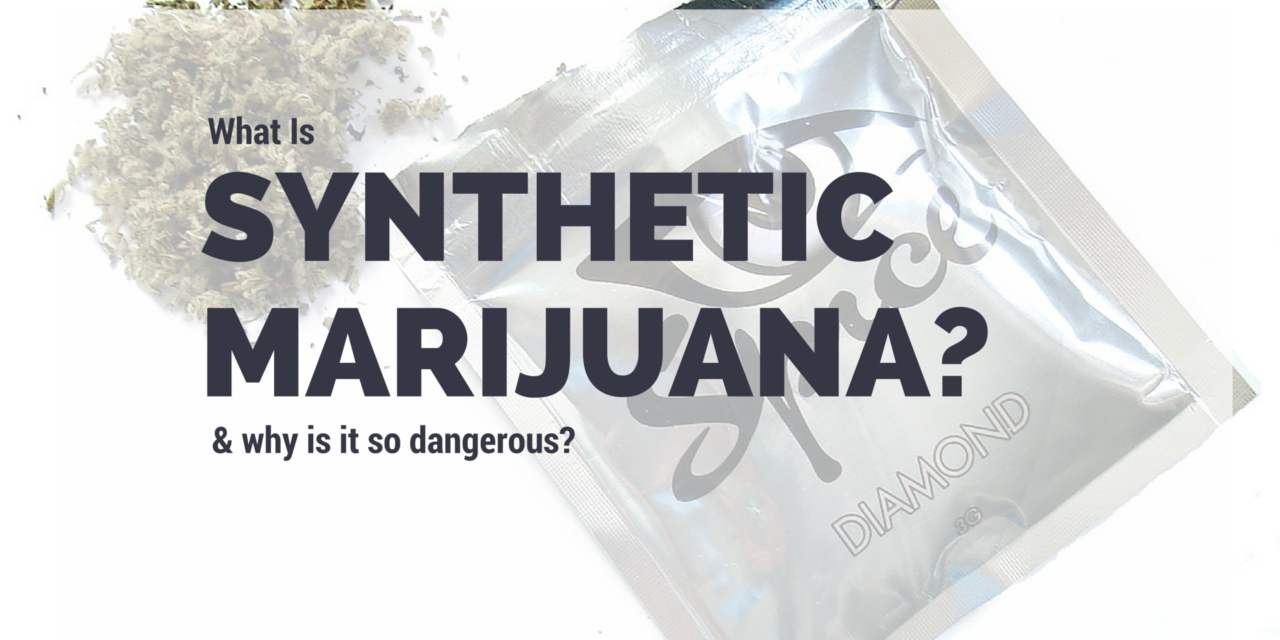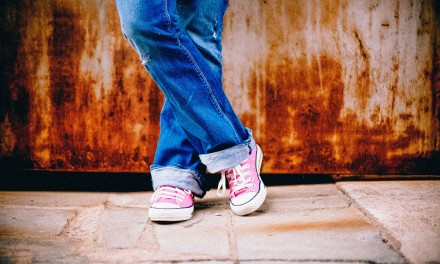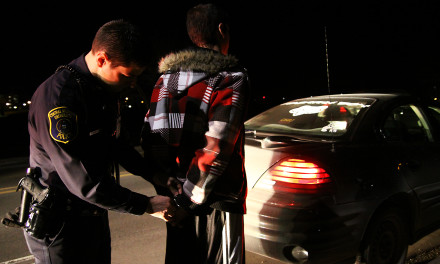What’s new in marijuana news? Synthetic marijuana. Only a couple weeks ago, 33 people were hospitalized in Brooklyn in one night. The news footage of the incident shows men slumped in chairs, clinging on to their belongings, some dazed and wandering the streets and others prancing and flailing around the streets with a bowling ball.
In this one neighborhood alone (Bedfod-Stuyvesant), more than 130 people have been hospitalized with overdoses of an intoxicant, often called “synthetic marijuana.”
What is Synthetic Marijuana?
This substance that is often referred to as “synthetic marijuana” but is also known as K2 or Spice. it is a smokable substance consisting of dried plant materials that have been sprayed with one or more synthetic cannabinoids, also called “sycanns.”
It can be sold in foil packets or as $3 pre-rolled joints, also referred to as “bamboo sticks.”
The compounds that the dried plants are sprayed with were originally developed within the last 20 years to probe the action of marijuana in laboratory and animal studies – but it is very important to not that these were NEVER intended for human use, nor were they evaluated for human safety.
Is It Similar To Real Cannabis?
Although the syncanns tend to act like souped-up versions of THC (the primary psychoactive component of marijuana), that is pretty much where the comparison ends. These sycanns exert a far stronger effect on the cannabinoid receptors of the brain even at very low doses, and they lack the anxiety-reducing actions of the plant’s other chemicals, such as CBD.
Thus, users of synthetic cannabinoids report feelings of intense anxiety, psychotic symptoms and even kidney damage, with a few reports of death from heart attacks and seizures.
How Common Is Synthetic Marijuana?
This designer synthetic drug is more common than you might think. A report between 2010 and 2015 from the U.S. Centers for Disease Control and Prevention document 456 acute poisonings that were treated by toxicologists. And it is likely that this report is incomplete due to its reliance on patient and family reports of K2 use, and a lack of confirmation by chemical analysis of the blood. Also, in NYC alone, the city reported roughly 8,000 synthetic cannabinoid-related hospitalizations – just since January.






Recent Comments